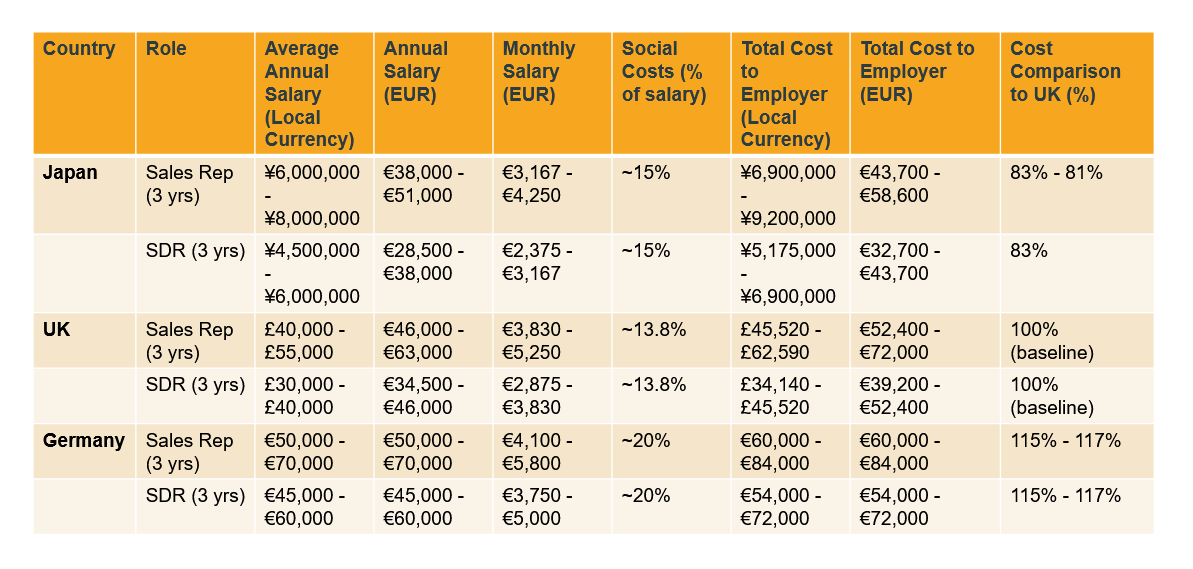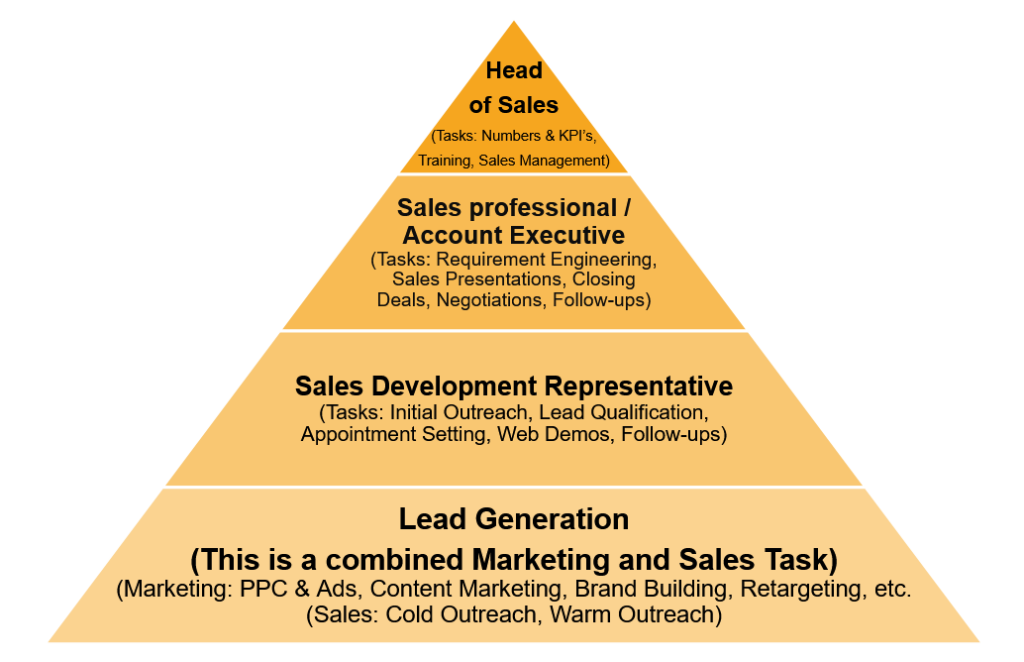Unlocking the German Market
A Strategic Guide for AI-Driven Startups in Automotive, Cybersecurity, and Machinery Sectors
For many AI-driven startups, expanding into the German market can feel like stepping into unfamiliar territory. As Europe’s largest economy, Germany offers immense growth potential, especially in the automotive, machinery, and cybersecurity sectors. If you’re a well-funded startup specialising in providing AI datasets for these industries, entering the German market is not just an opportunity – it’s a strategic necessity. This guide will outline the key reasons why, and how, to approach Germany effectively.
Why Germany is a Prime Market for AI-Driven Startups
Germany is renowned for its leadership in automotive manufacturing, machinery, and cybersecurity, all of which are eager for AI innovation. Here’s why this market is up-and-coming:
1. The Machinery Sector: Dominated by SMEs and Industry Giants
Germany’s machinery sector, encompassing over 6,600 companies, is largely dominated by small and medium-sized enterprises (SMEs). Despite their size, many of these firms are specialised and highly advanced, yet still in need of AI solutions to drive digitisation.
If your AI-driven startups provide high-quality AI datasets, you can tap into the demand for predictive maintenance, operational optimisation, and process automation. Larger companies, such as Siemens and KUKA, are leading adopters of AI, offering further opportunities to scale your offering.
2. The Automotive Industry: A Hub for AI Innovation
Germany is home to global automotive giants, including Volkswagen, Daimler, BMW, and suppliers such as Bosch and Continental. The automotive industry, comprising over 1,300 firms with more than 100 employees, is fertile ground for AI-driven innovation. Whether you’re supplying AI datasets for autonomous driving, advanced driver assistance systems (ADAS), or supply chain management, this industry is ripe for disruption and presents a lucrative opportunity for your business.
3. Cybersecurity and Safety: A Sector on the Rise
Germany’s cybersecurity sector is growing rapidly, fuelled by increasing concerns over data privacy and security. Leading companies such as Bosch Security, Airbus Defence, and Deutsche Telekom Cybersecurity are actively seeking AI solutions to enhance their threat detection and security measures. For AI-driven startups that offer AI training data tailored to cybersecurity, this sector represents a highly promising avenue for growth.
Navigating the High Cost of Entry – But It’s Worth It
While the potential in the German market is immense, entering it comes at a high cost, especially when hiring sales talent. Sales development representatives (SDRs) and account executives in Germany are well-compensated, with salaries that can significantly raise your operational costs. However, the long-term opportunities for growth make these investments worthwhile.
1. Understanding the Salary Landscape
Sales professionals in Germany are among the best-paid in Europe. SDRs earn between €54,000 and €72,000 annually, while more experienced sales representatives can expect salaries ranging from €60,000 to €84,000. Additionally, employers face a 21% social tax, which further increases the cost of hiring. Despite these expenses, a skilled sales team can be instrumental in securing key deals and establishing your brand in Germany.

2. Overcoming Cultural and Language Barriers
While Germany is a lucrative market, it operates differently from the UK and other European countries. German businesses value precision, reliability, and long-term relationships. Moreover, many companies expect to conduct business in Germany, particularly in traditional industries like machinery and automotive. To succeed, your AI-driven startups will need to localise their marketing efforts and hire German-speaking staff to build trust with potential clients.
Crafting a Winning Market Entry Strategy
A successful entry into the German market requires a well-thought-out plan. Below are the key steps you should consider:
1. Localise Your Sales and Marketing
Start by translating your website, marketing materials, and case studies into German. But localisation is more than just language—it’s about tailoring your messaging to align with German business values like quality, precision, and reliability. This is especially important in industries like automotive and machinery, where reputation and trust are paramount.
2. Build a Comprehensive Sales Strategy
To penetrate the German market, you’ll need a structured approach to sales. Consider the following roles:
- Lead Generation (Marketing + Sales): Use a combination of PPC campaigns, content marketing, and cold outreach to generate initial interest.
- Sales Development Representatives (SDRs): Focus on lead qualification, setting appointments, and delivering product demos.
Account Executives: Handle high-value deals, conduct needs analysis, deliver sales presentations, negotiate contracts, and closing deals.

Investing in local sales talent will help you navigate the complexities of the German market and secure key partnerships.
3. Leverage Your UK Success to Build Credibility
Your established success in the UK can act as a valuable reference point when entering Germany. Case studies showcasing how your AI datasets have delivered measurable results for UK clients can help build credibility with German prospects. While the two markets are similar in many ways, remember to address the specific needs of German businesses in your pitches.
4. Focus on Lighthouse Deals
When entering a new market, securing a lighthouse deal with a well-known client can be a game-changer. Winning contracts with major German firms, such as Bosch or Siemens, will provide credibility and open the door to further opportunities. Even small or medium-sized enterprises in sectors like machinery or cybersecurity can serve as critical first clients, offering a quicker path to market entry.
Why Germany is Worth the Effort
Despite the high costs and challenges associated with entering the German market, the potential rewards are significant. Germany’s industrial sectors are not only ready for AI disruption but are actively seeking solutions. With the right strategy, your startup can unlock substantial growth in one of Europe’s most dynamic economies.
Germany’s high wages may increase your initial outlay, but the long-term return on investment will more than compensate. Companies in automotive, machinery, and cybersecurity are eager for innovation, and AI is set to be a critical driver of future success.
Conclusion: Take the Leap – But Plan Wisely
Germany represents a lucrative opportunity for AI-driven startups, especially in sectors like automotive, machinery, and cybersecurity. While entering this market is not without its challenges, the rewards far outweigh the costs. With the right approach—localised marketing, a solid sales strategy, and a focus on building key relationships—your business can thrive in Germany.
By leveraging your UK success and investing in the right talent, you can secure lighthouse deals and establish a strong foothold in one of Europe’s most promising markets for AI innovation.
At Wingmen Consulting, we specialise in creating remote-based sales teams and customised lead generation strategies tailored to your business. Experience increased efficiency and revenue growth with our expert guidance.
Ready to transform your sales operations?
Book a free consulting session with our team today and discover how we can help drive your sales success.
